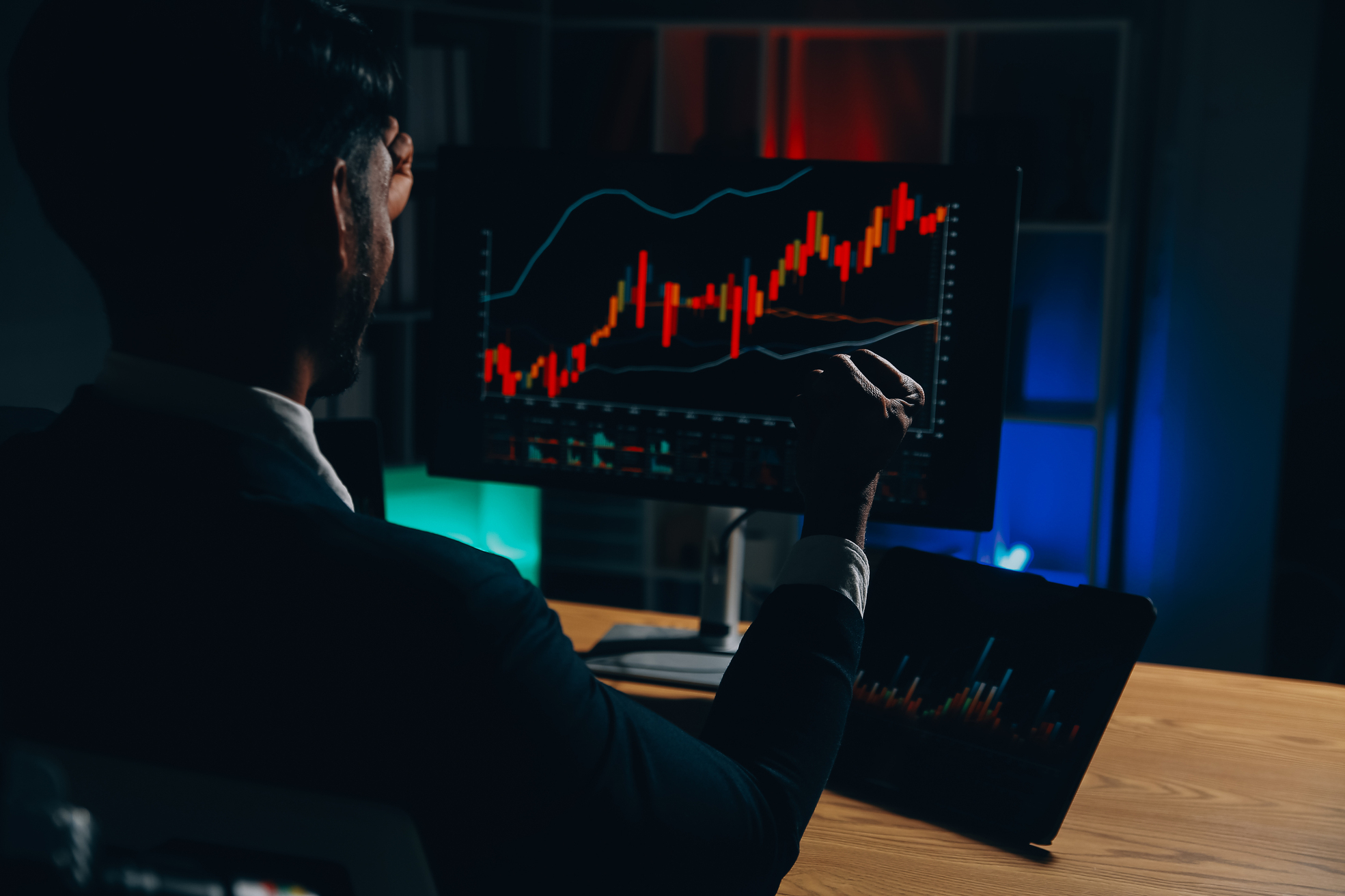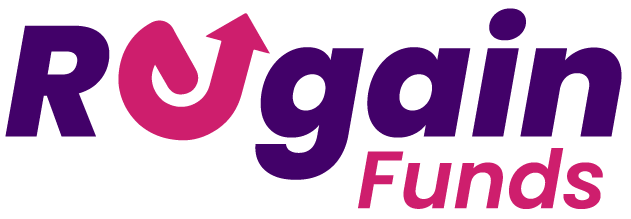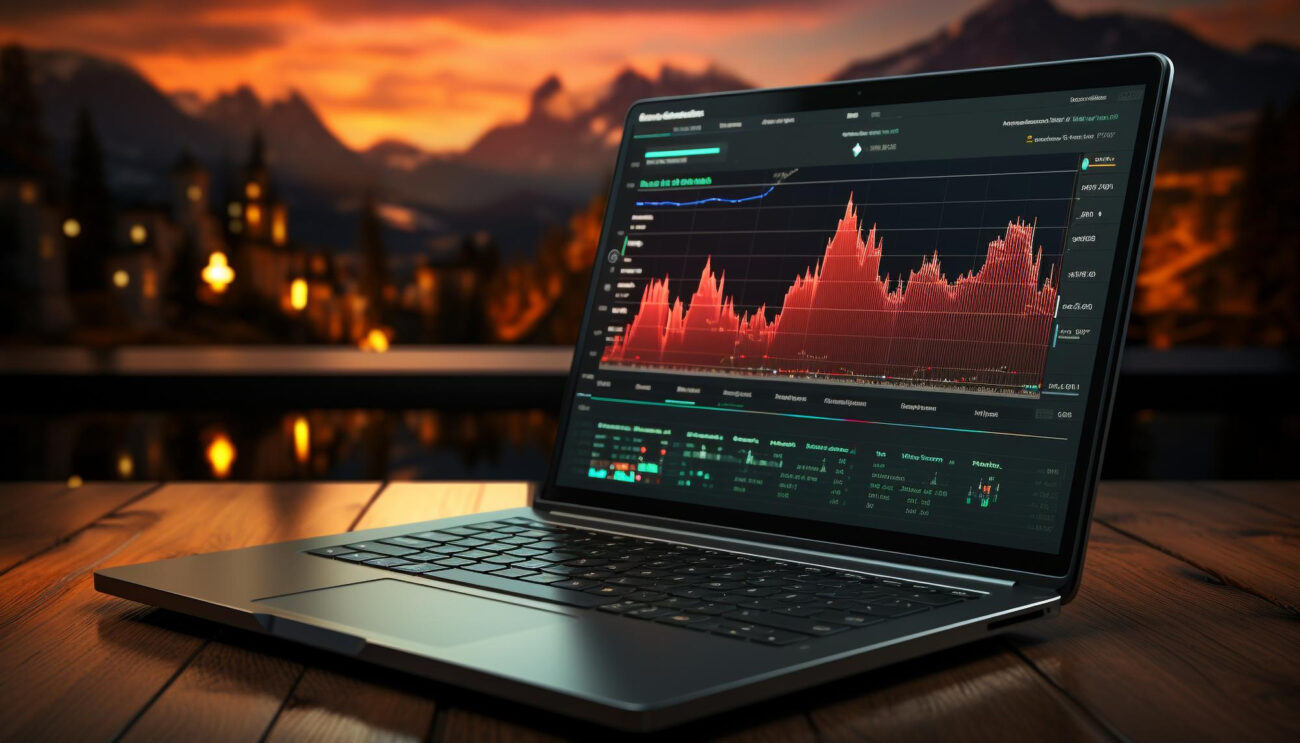Safeguarding Your Trades from Forex Scammers

The foreign exchange market, or forex, is a behemoth financial platform with a daily trading volume that dwarfs most other financial markets. It’s an alluring, high-stakes arena for both seasoned and beginner traders, offering the potential for substantial profits. Unfortunately, with the influx of digital technology and the wide-reaching internet, the number of forex scams targeting unsuspecting traders has risen at an alarming rate. This post dives deep into understanding common forex scams, how to spot them, and, most critically, how to safeguard your investments efficiently.
The Allure and Risk of Forex Trading
Forex trading is famously volatile. Traders can experience significant price shifts in mere minutes, making it a high-risk, high-reward marketplace. What draws many to forex is its accessibility—you can trade anywhere, anytime—as well as the many tools and resources available online that can help you make informed decisions. However, with this accessibility comes the hard truth that the market is rife with scams.
The Sudden Bloom of Forex Scams
An Alarming Trend
According to the Commodity Futures Trading Commission (CFTC), the number of forex scams reported has more than doubled in the last decade. The reasons for this growth are vast, but they often stem from the lack of a global entity overseeing the forex market, which allows for more clandestine operations to take place.
Common Tactics by Scammers
Fake Investment Funds
Fraudulent forex investment funds promise high returns with little risk, often guaranteeing profits even when market conditions are unfavorable. This unrealistic promise is the first red flag. These funds can be Ponzi schemes, using new investors’ capital to pay returns to earlier-stage ones.
Signal Sellers
Forex signal sellers are third-party newsletters, books, or robots offering to trade forex for you, often promising miracle results. However, the signal sellers rely on a great deal of technical analysis and often tout a secret formula or a new market theory that they claim eliminates the need for diligence and hard work on the investor’s part.
How to Recognize a Forex Scam
Outlandish Promises
Any claim that seems too good to be true often is. Be cautious of opportunities that involve minimal effort for maximum rewards. A conservative approach to investing is less glamorous but far safer.
Unverified Track Records
A reputable financial advisor or broker will be able to produce a performance record that can be verified independently. Always check the credentials and claims of those who offer to manage your finances or provide you with investment advice.
High-Pressure Sales Tactics
Scammers often use psychological manipulation to encourage impulsive decisions. They exaggerate risks and downplay the need for real evidence or due diligence in their sales pitches. Always take the time to consider every investment carefully.
Unlicensed Providers
Regulatory standards exist for good reason. Always ensure that your broker, advisor, or fund manager is registered and licensed. If they aren’t, it’s not worth the risk.
Digital Due Diligence in Forex Trading
Given the online nature of forex trading, doing your due diligence is as much about managing your digital footprint as it is about analyzing potential investments. Here’s how you can protect yourself.
Secure Your Personal Information
Beware of anyone who asks for personal information, particularly unsolicited offers. Never give out your financial details without thorough research into a potential broker or fund.
Use Secure Platforms
Always trade on reputable and well-known platforms. Check that the URL is secure and that the website has no reported issues. Consider using a virtual private network (VPN) when accessing your forex accounts.
Keep Educating Yourself
One of the greatest defenses against scams is knowledge. Stay informed about the forex market, its regulations, and best practices. Continuous education makes it much harder for scammers to take you by surprise.
Case Studies: Learning from Others’ Misfortunes
A Tale of Overpromising and Underdelivering
Consider the case of a trader who was lured by a broker with the promise of ‘insider’ tips and guaranteed profits. Eventually, the trader lost a substantial portion of their investment before realizing the illegitimacy of the broker’s claims.
Unraveling the Ponzi Scheme
In another instance, an investment fund collected capital from several small traders, promising steady, impressive returns even as their trades ran at a loss. It took a considerable length of time for the scheme to unravel, and by then, many had lost everything.
Regulatory Backing for Safeguarding Traders
Effective International Measures
Many countries have established regulatory bodies to oversee forex brokers and fund managers. Organizations such as the CFTC in the United States and the Financial Conduct Authority (FCA) in the UK work to protect traders and maintain the integrity of the market.
Reporting Suspected Scams
If you suspect you’ve been targeted by a scam, it’s crucial to report it immediately. The more evidence and information that can be collected, the more likely the regulatory body can act to protect others and hold scammers accountable.
Conclusion: The Ultimate Shield is You
Truly, the most powerful tool against forex scams is you. By staying educated, being vigilant, and consistently questioning and researching the forex opportunities you encounter, you reduce your risk. Remember, the forex market, like any market, comes with its share of legitimate risks and rewards. It’s the counterfeit opportunities that can undermine your financial well-being. Protect your investments through smart trading, a skeptical approach, and a network of resources you can rely on.
Safeguarding your trades against forex scammers involves a multi-faceted approach. Be diligent, be informed, and be cautious. Your financial future is worth the extra effort and time it takes to trade safely.


